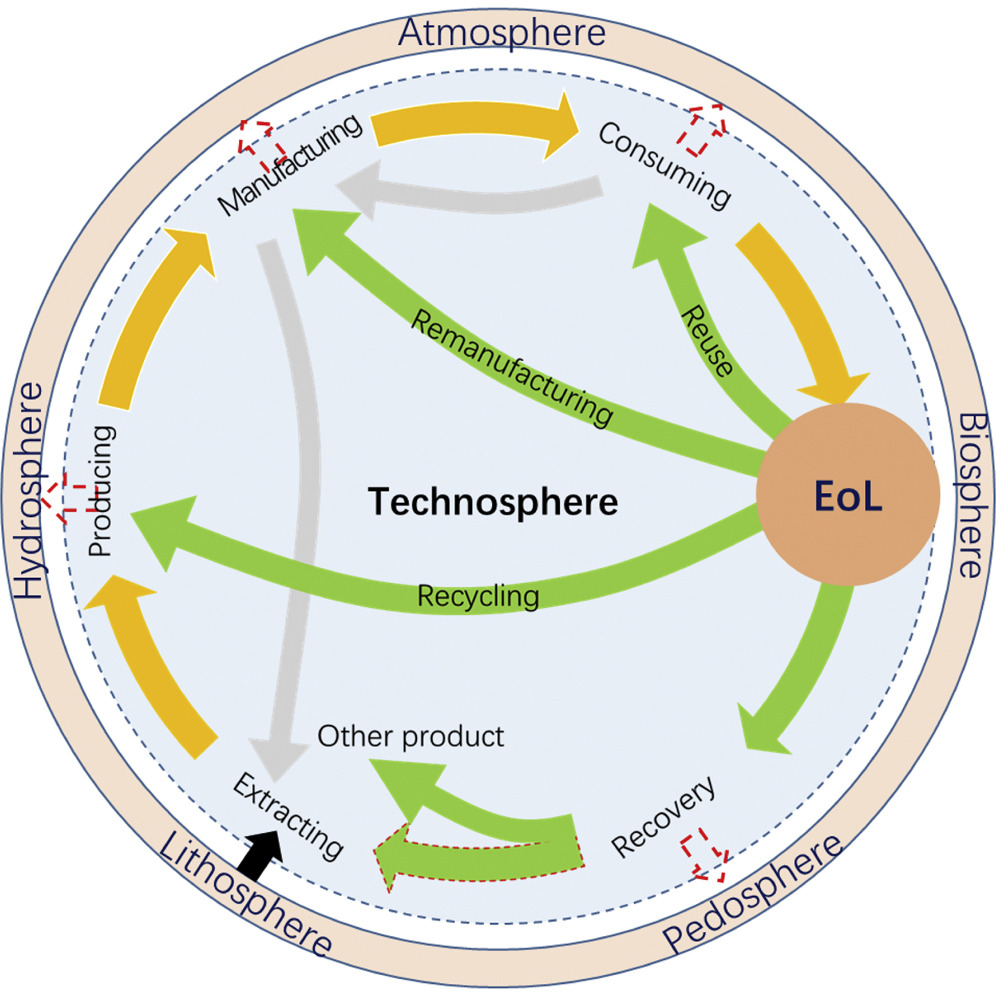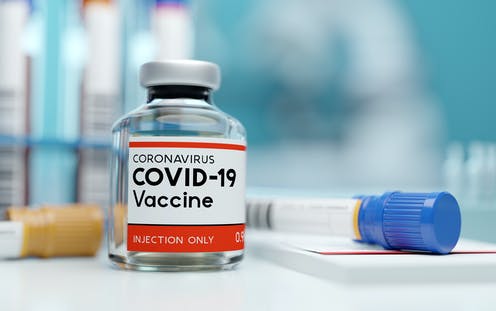In recognition of International Women’s Day (IWD), Elsevier, a global leader in information analytics specializing in science and health, has launched a free access special issue of curated content focused on women and gender issues in health and sciences.
Chris D. Jones, Chapter 4 - Numerical modeling of the global climate and carbon cycle system, Editor(s): Trevor M. Letcher, Climate Change (Third Edition), Elsevier, 2021, Pages 67-91
Trevor M. Letcher, 1 - Global warming—a complex situation, Editor(s): Trevor M. Letcher, Climate Change (Third Edition), Elsevier, 2021, Pages 3-17





